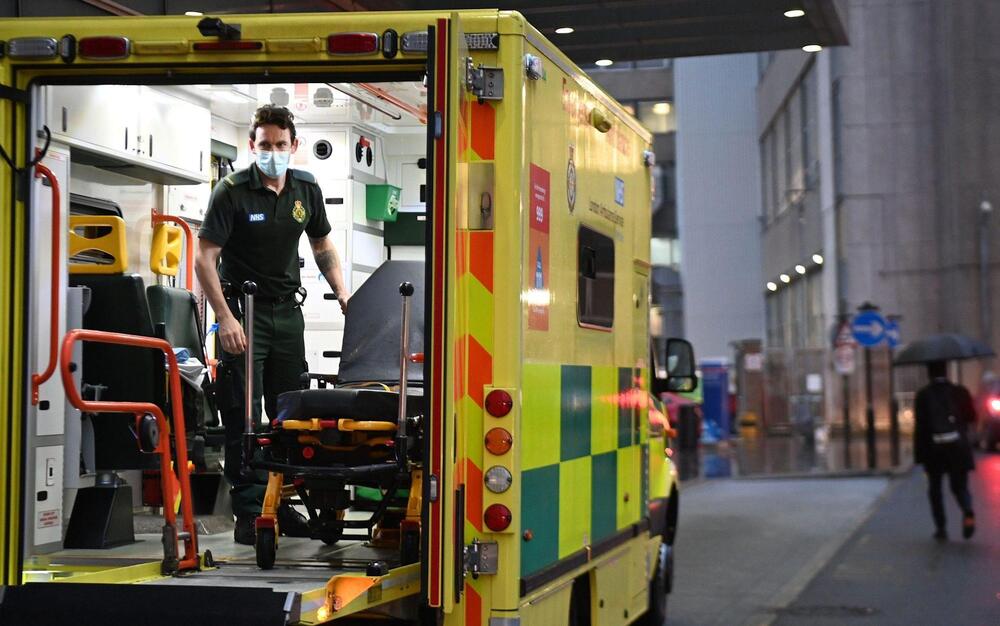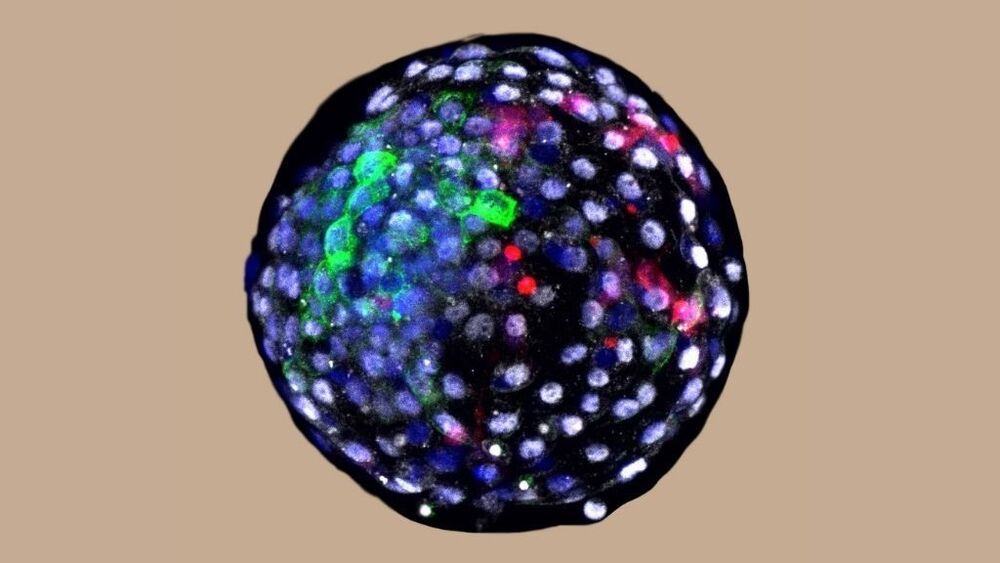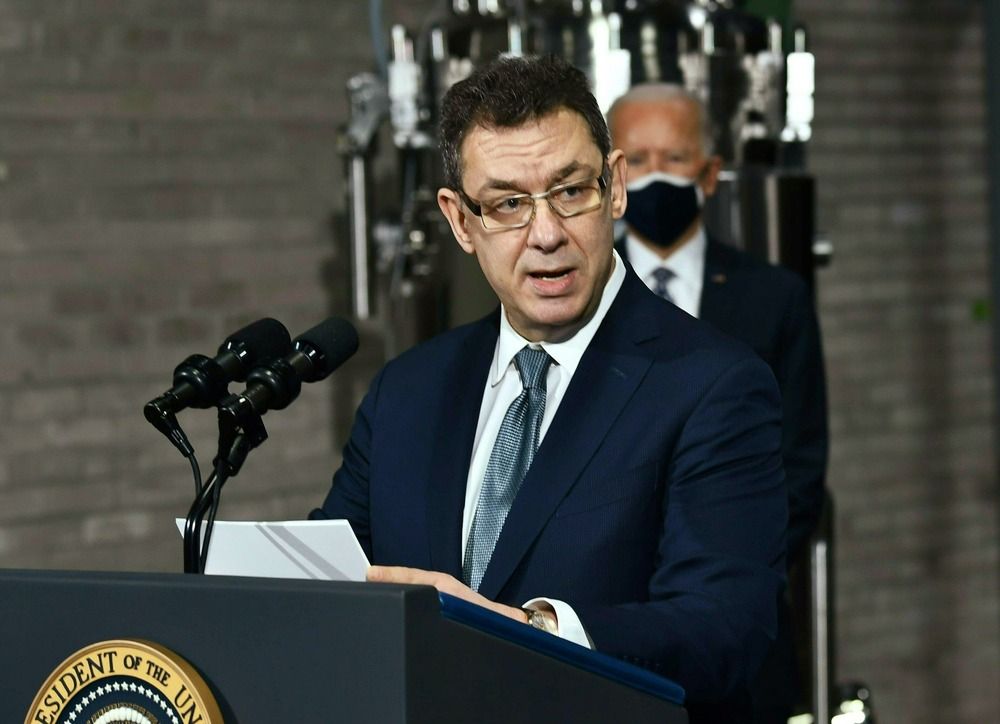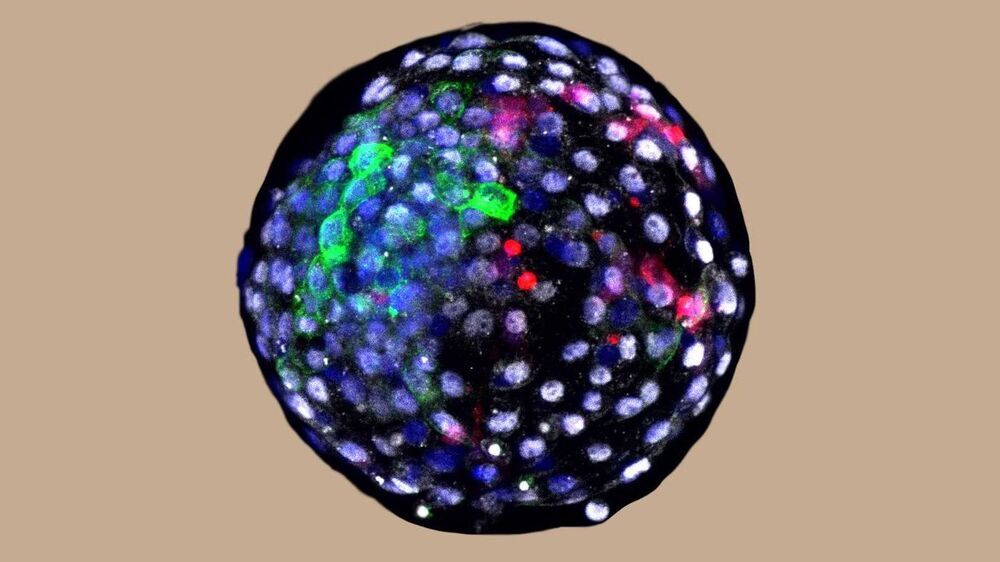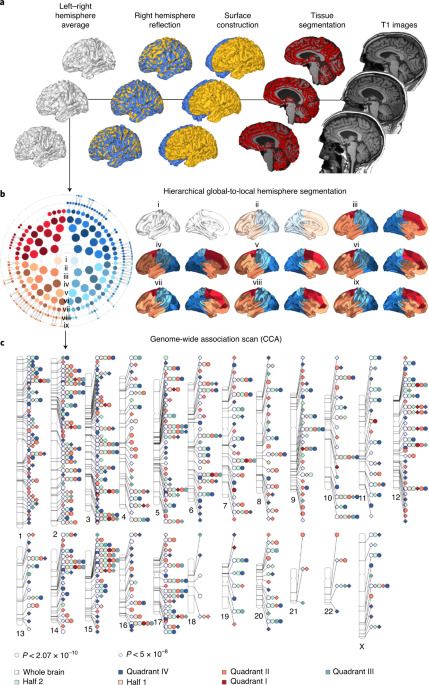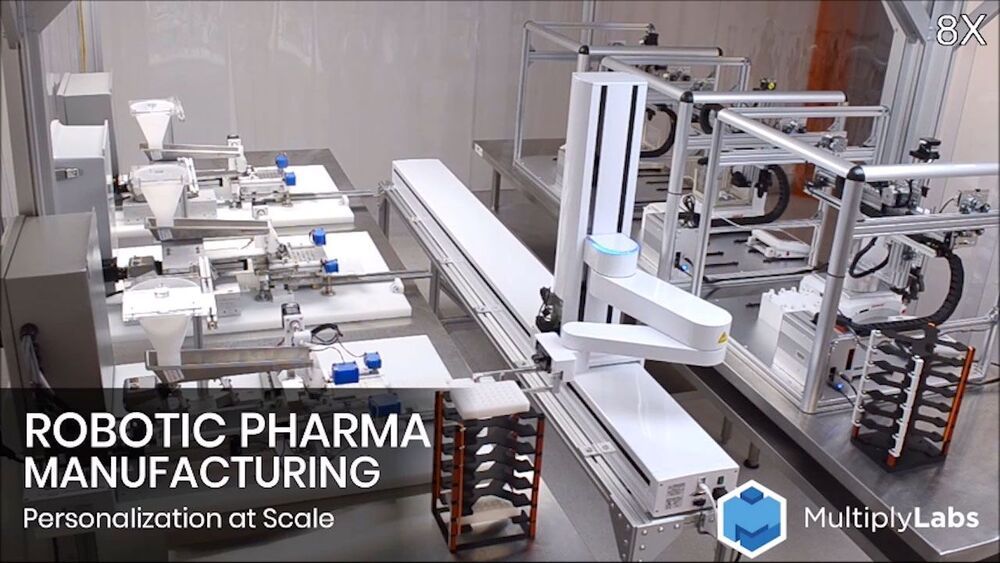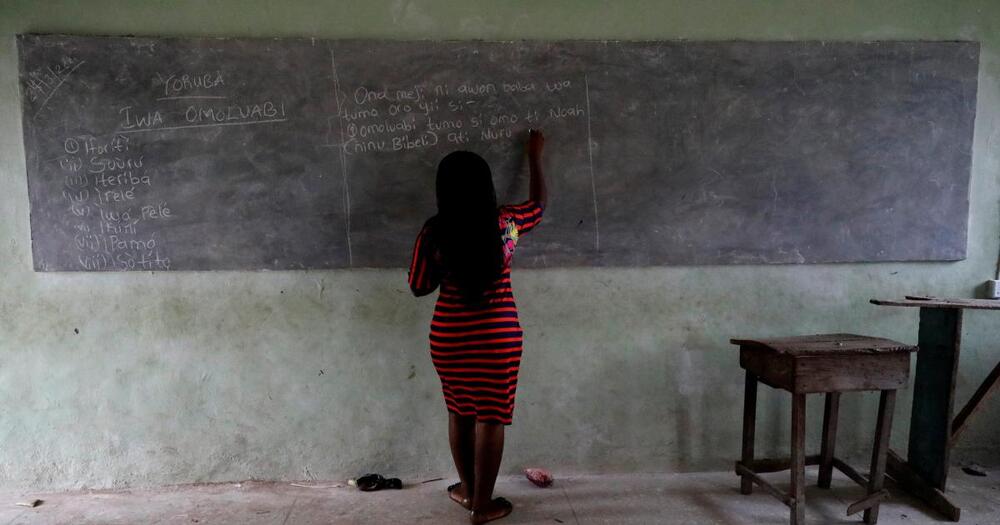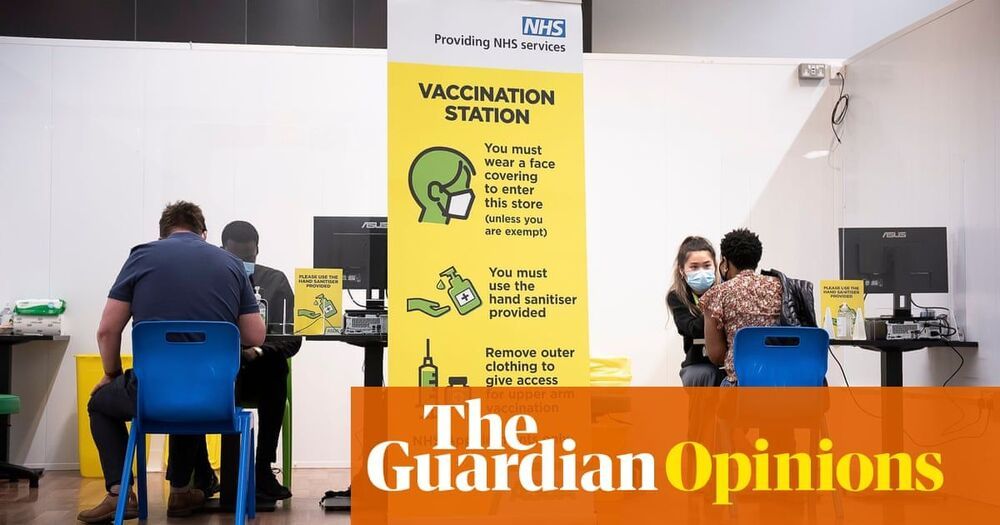That might actually make sense. Cancer spreads through the body because the immune system doesn’t see the threat for what it is and so takes no action. But if the body has Cancer AND covid the immune system sends in it’s heaviest guns on a search and destroy mission. Then, while attacking cov8d it detects something ELSE that shouldn’t be there and kills it too.
I’m no expert, but it does make a lot of sense 5o me.
Covid may have caused a cancer patient’s tumours to vanish, according to doctors, who said it could have sparked an “anti-tumour immune response” in the man.
The 61-year-old patient at the Royal Cornwall Hospital in Truro had a check-up last summer after being diagnosed with Hogkin’s Lymphoma, a rare blood cancer that affects 2100 people in the UK each year.
The disease, which occurs when white blood cells get out of control and spread to the lymph nodes, is typically treated with chemotherapy and around 90 per cent of patients are still alive five years afterwards.
